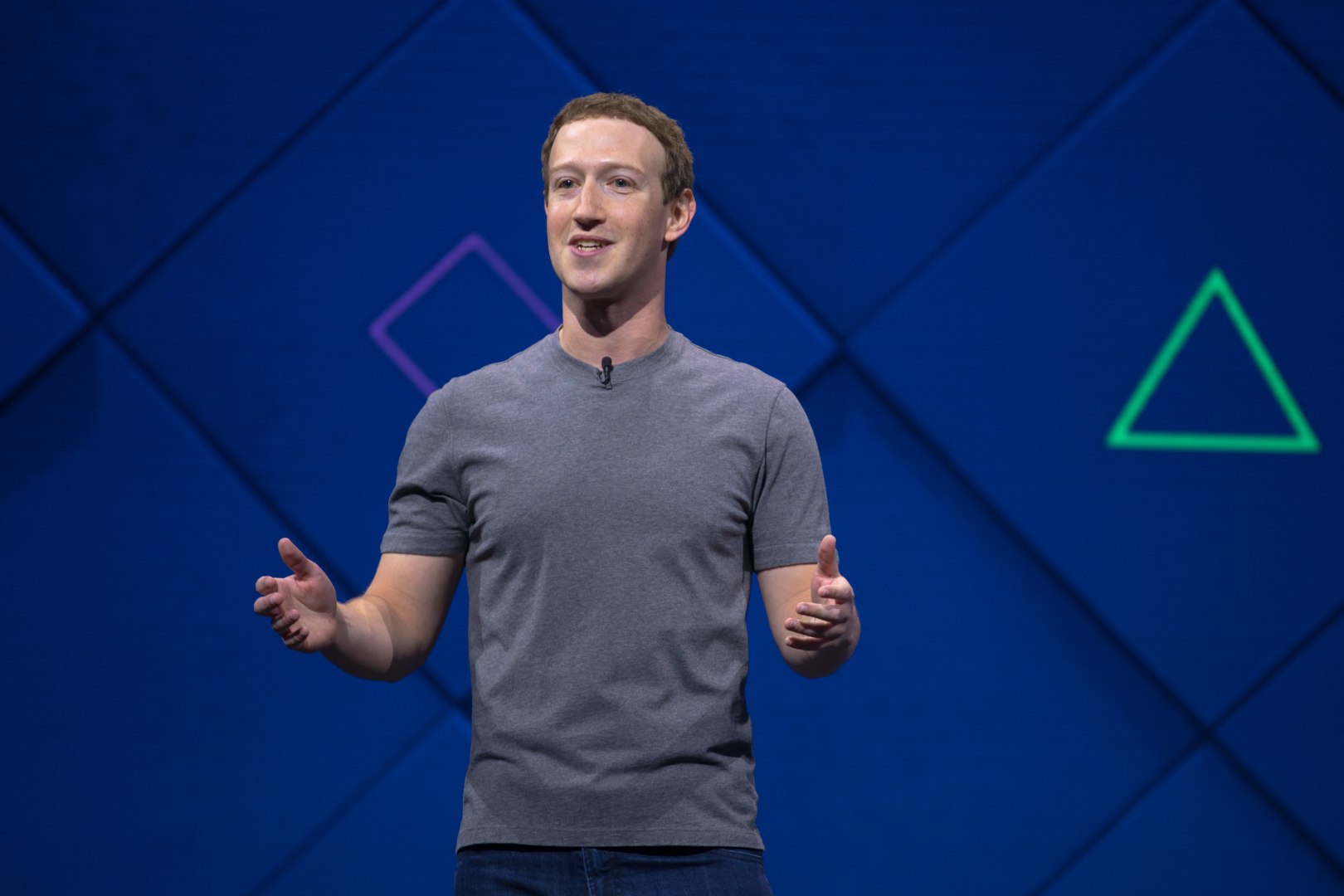Why Facebook’s news feed changes mean your brand will need to get people talking
Facebook is radically changing what will appear in its news feed. G Squared’s George Photios warns that if they want to be seen, brands will need to get a lot better at producing content people actually want to talk to their friends about.
Mark Zuckerberg has announced that Facebook will be changing how people use the social network in a bid to provide more meaningful interactions for users.
Your news feed is probably currently crowded with content from brands or publishers. Personal moments connecting people with each other have diminished over time, and people are using Facebook to keep up to date with news and current affairs more than each other.


